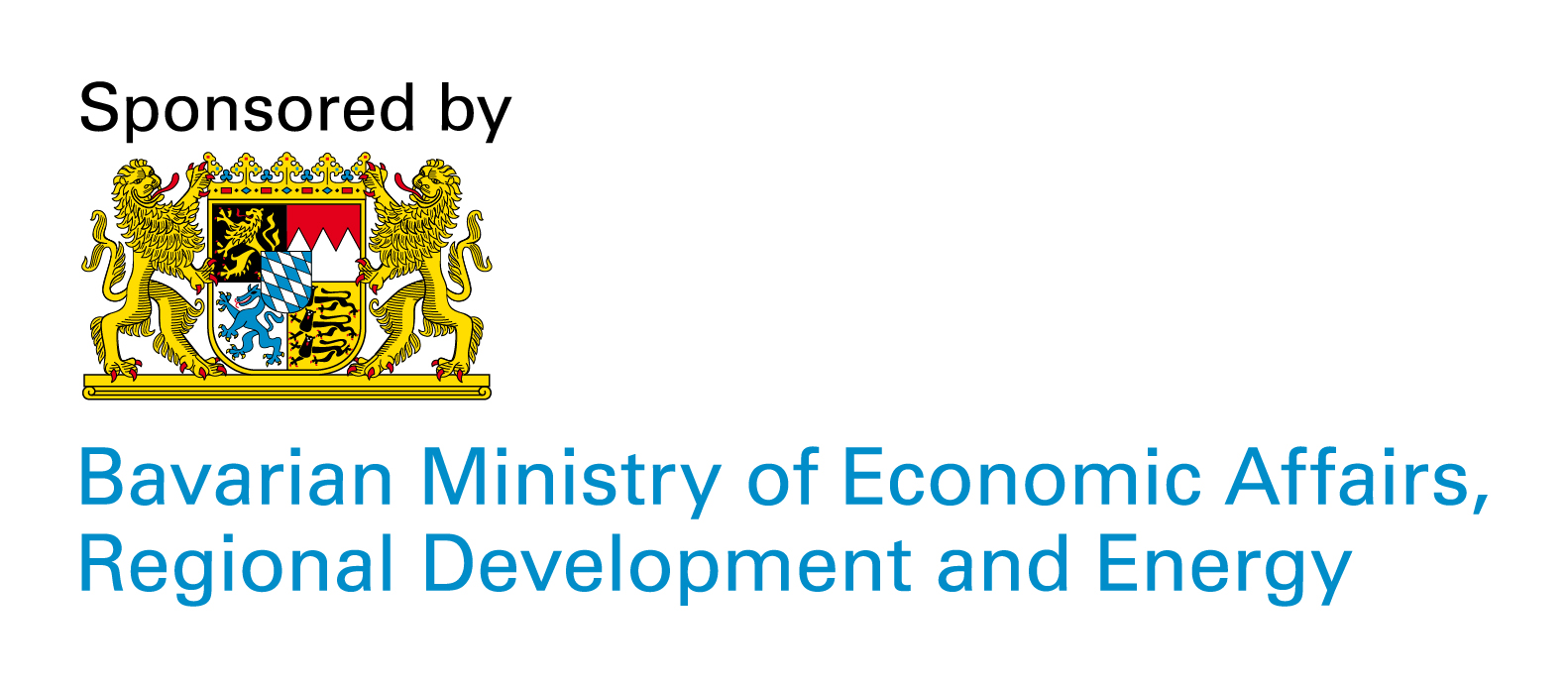Safe and reliable quantum applications
Quantum computing has the potential to bring about groundbreaking changes in many industry sectors. Since quantum computers process data more efficiently than conventional computers, they can work with complicated data sets; this means that in the future, they will be able to perform computing tasks that were previously impossible. However, quantum computing is still in its infancy, so a lot of fundamental research is required before the technology can be reliably put to use.
To help find solutions to the many challenges, the Munich Quantum Valley (MQV) initiative was launched in Munich at the beginning of January 2021. Together with the Bavarian Academy of Sciences and Humanities, the Ludwig-Maximilians-Universität Munich, the Max Planck Society and the Technical University of Munich, the Fraunhofer-Gesellschaft is researching how to advance the development of quantum technology and science in Bavaria.
The project is focused on three core objectives:
- Establishing a center for quantum computing and quantum technology
- Establishing a quantum technology park
- Developing special activities related to teaching, entrepreneurship and public relations
The Munich Quantum Valley will be funded by the state of Bavaria over a period of five years beginning in October 2021, with the aim of creating an economic and technical environment for widespread industry use of quantum computers and quantum technologies.
To this end, the members of the MQV initiative have formed consortia to establish a quantum computer infrastructure using three different hardware platforms.
 Fraunhofer Institute for Cognitive Systems IKS
Fraunhofer Institute for Cognitive Systems IKS